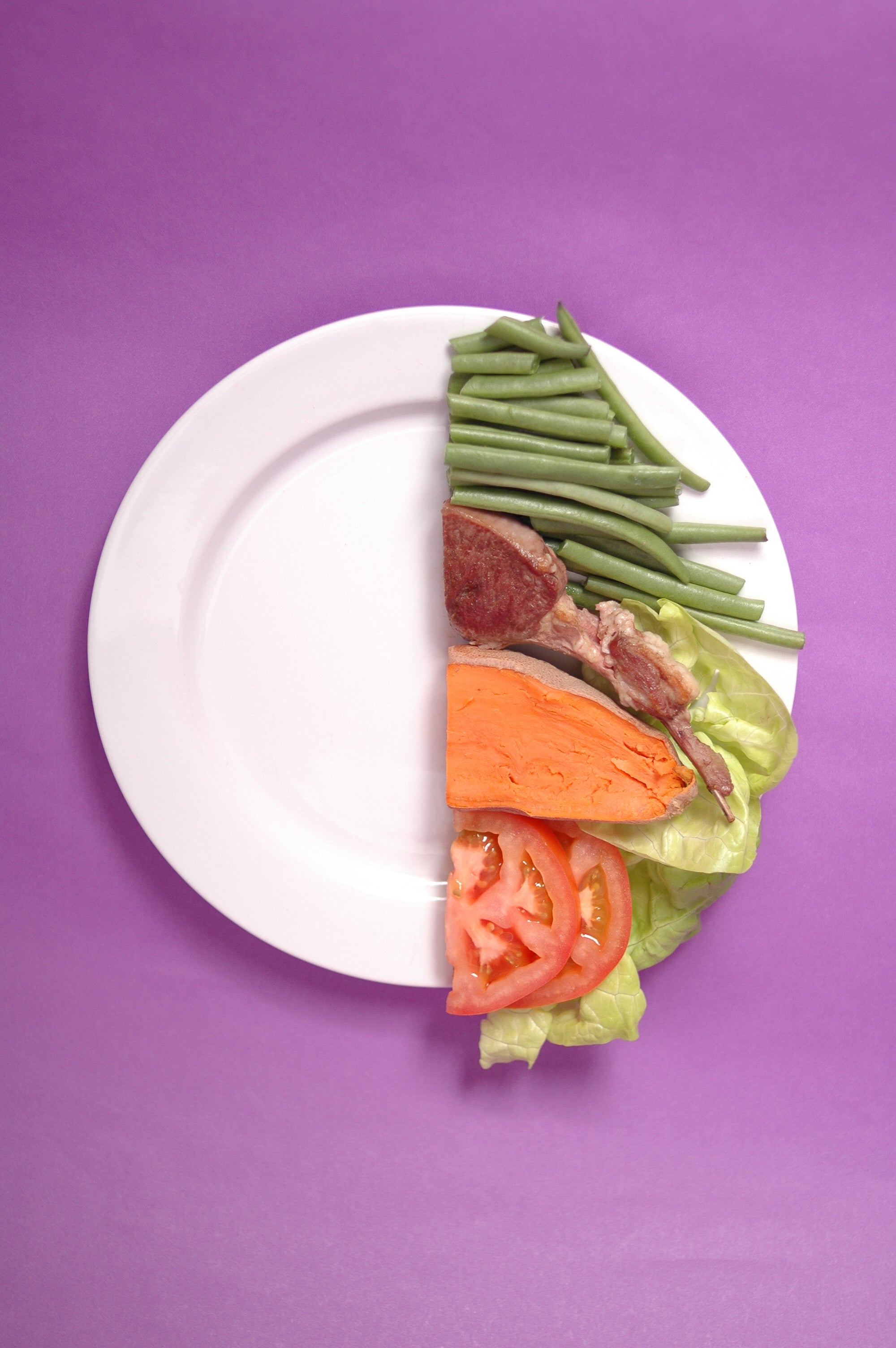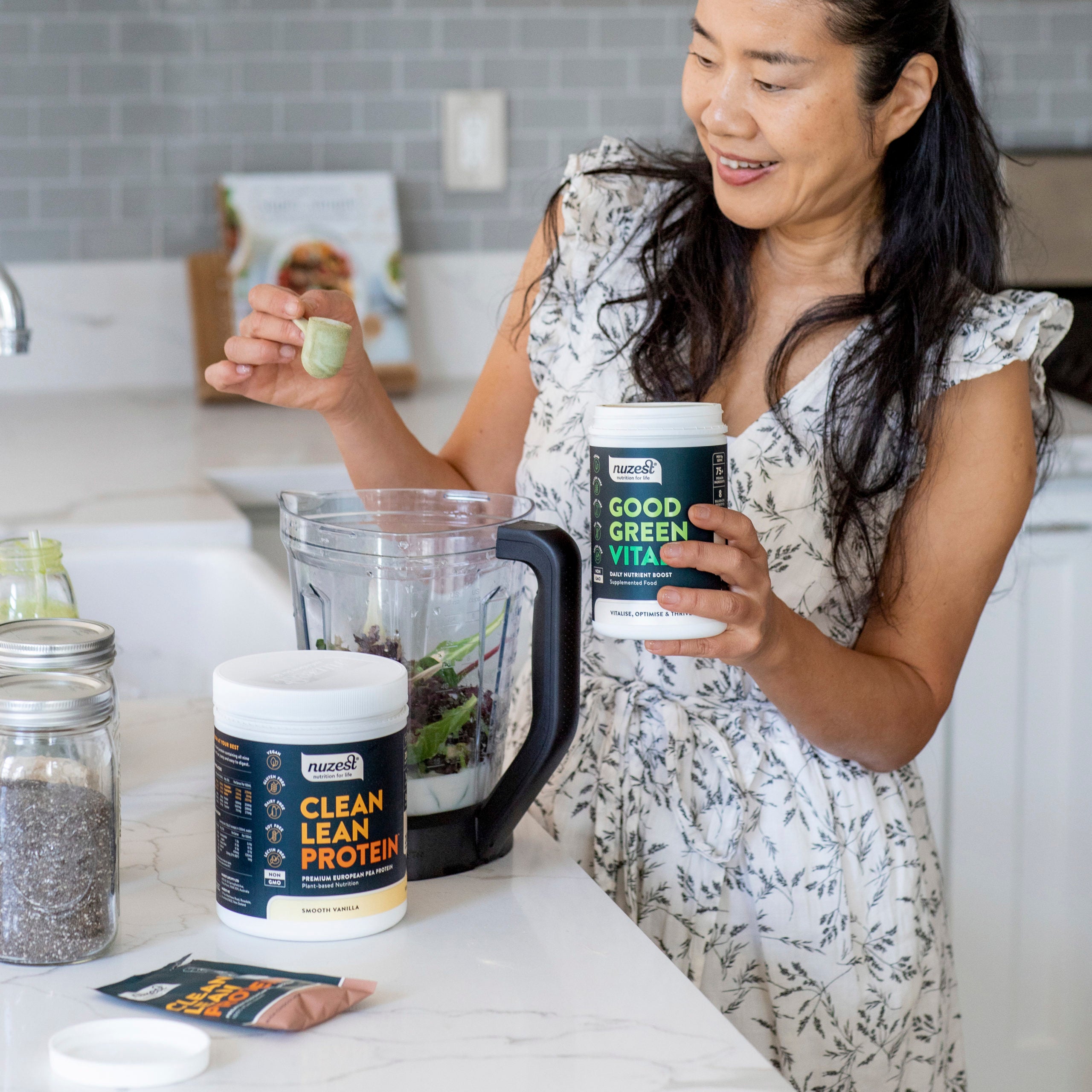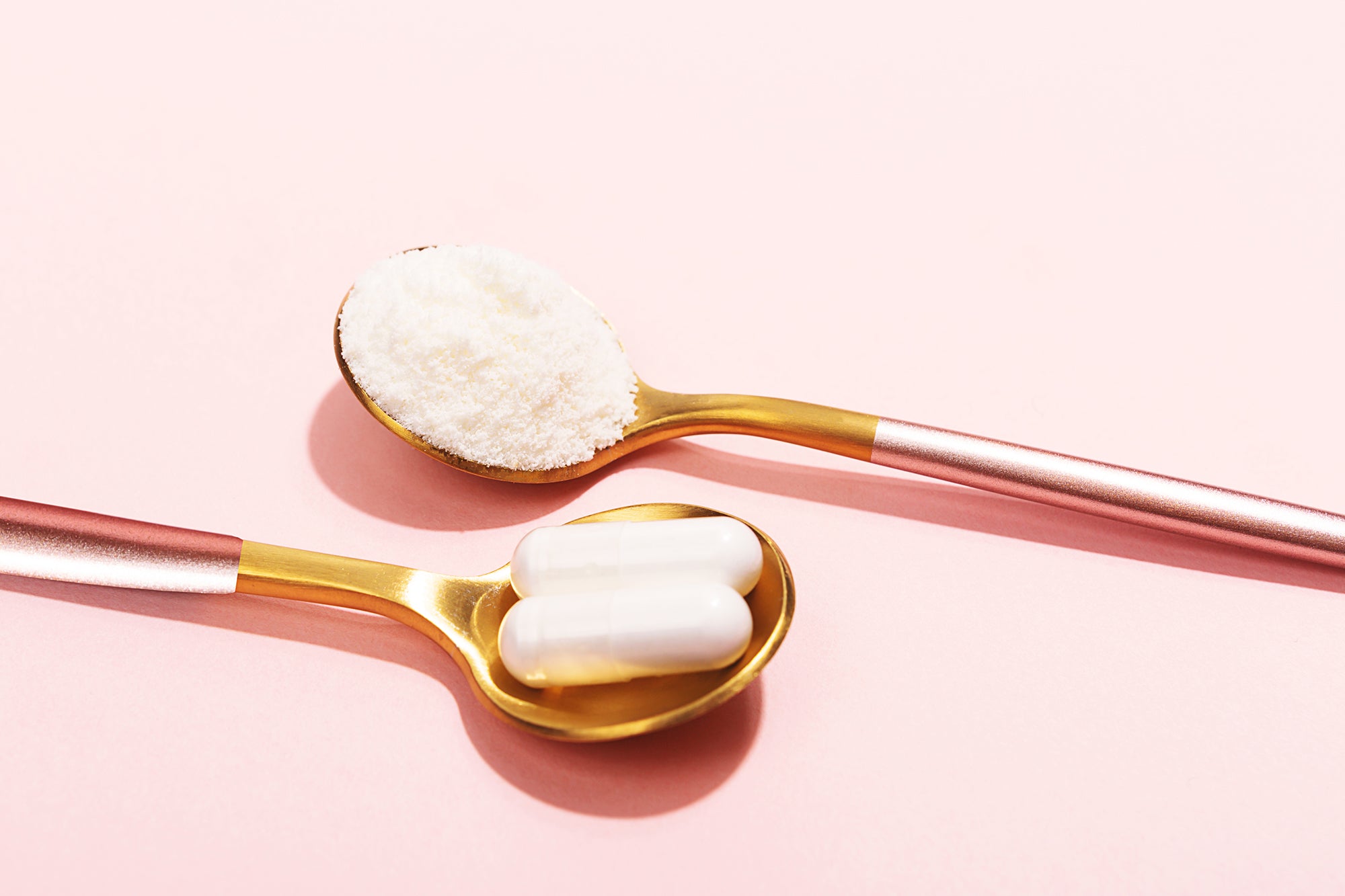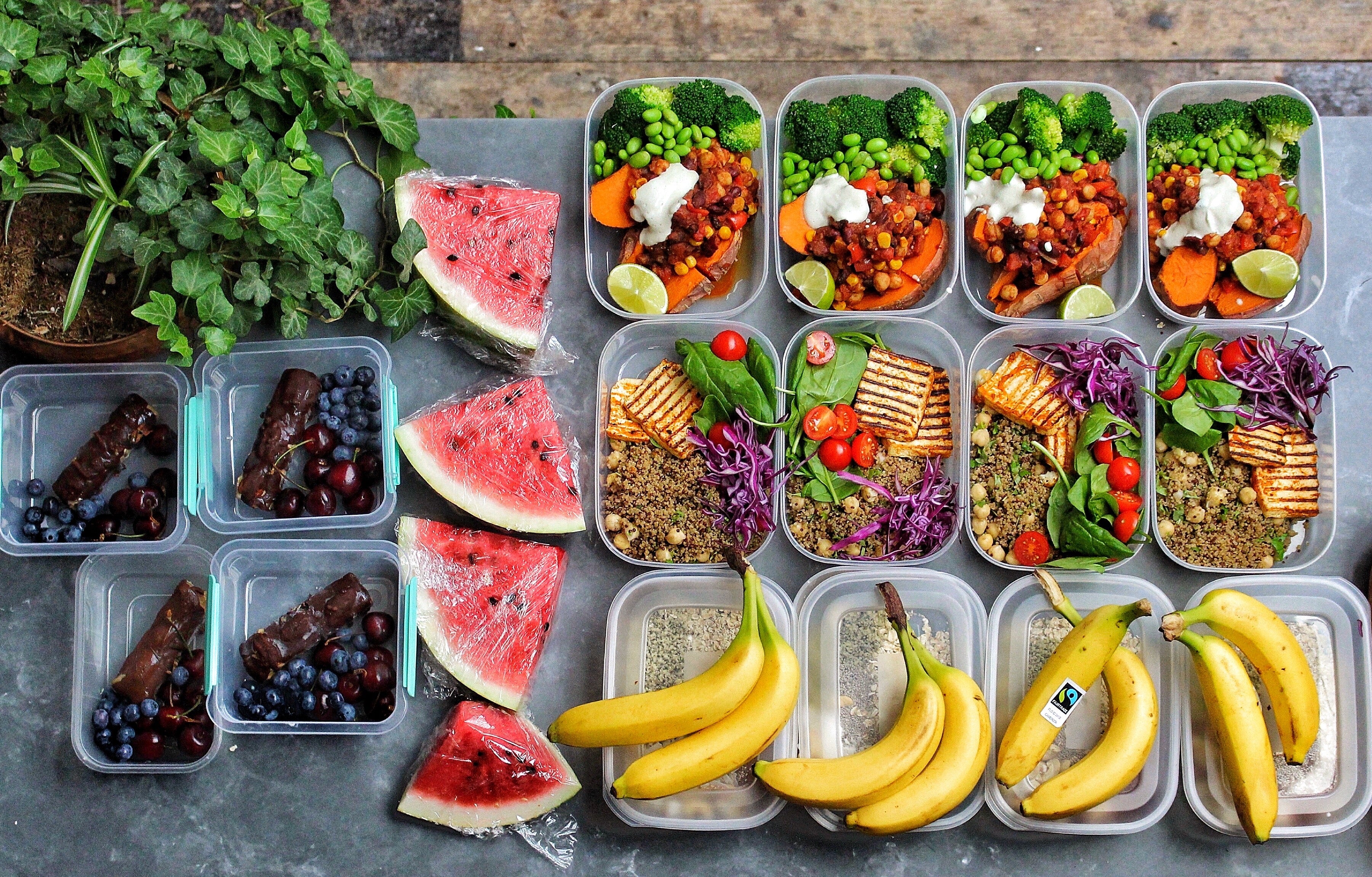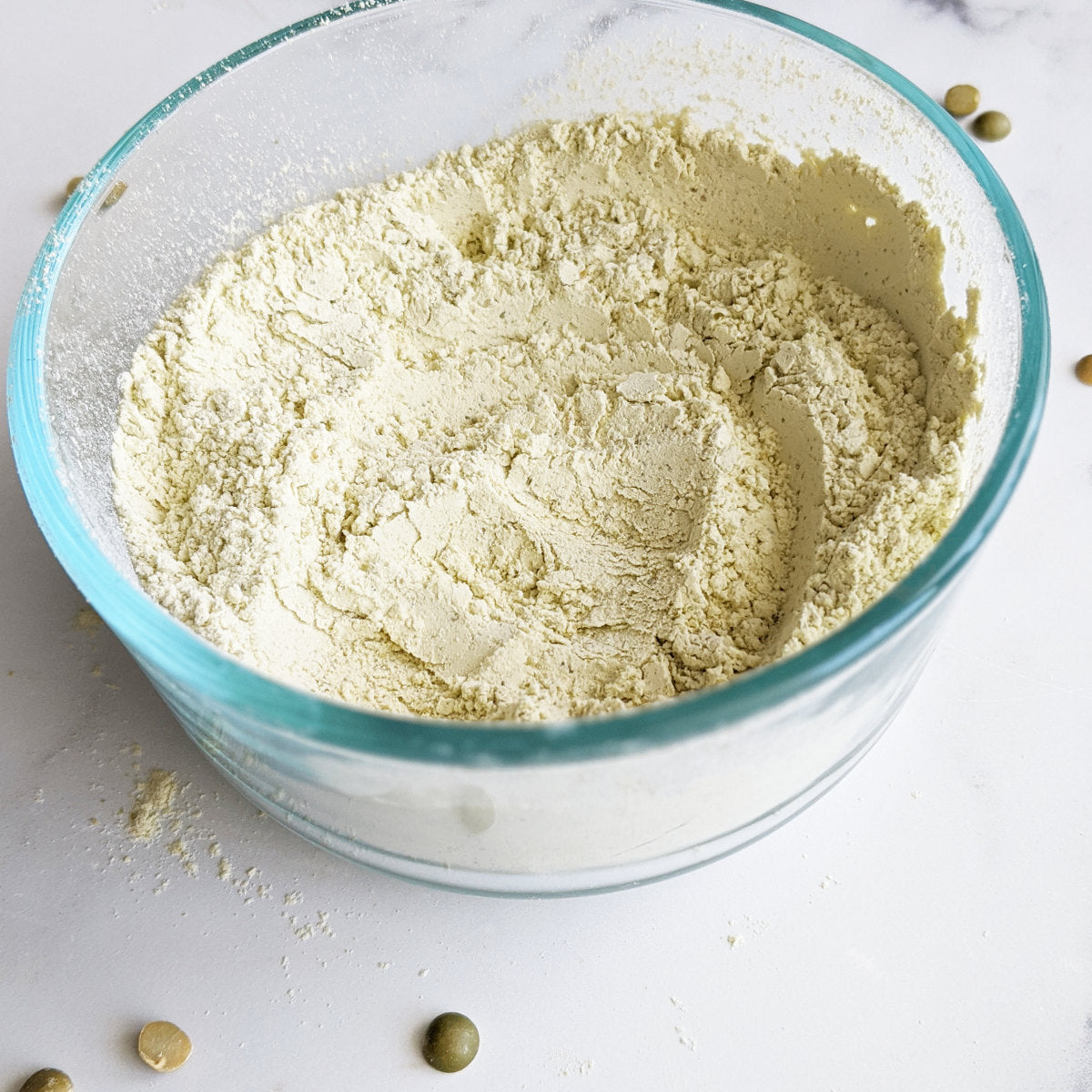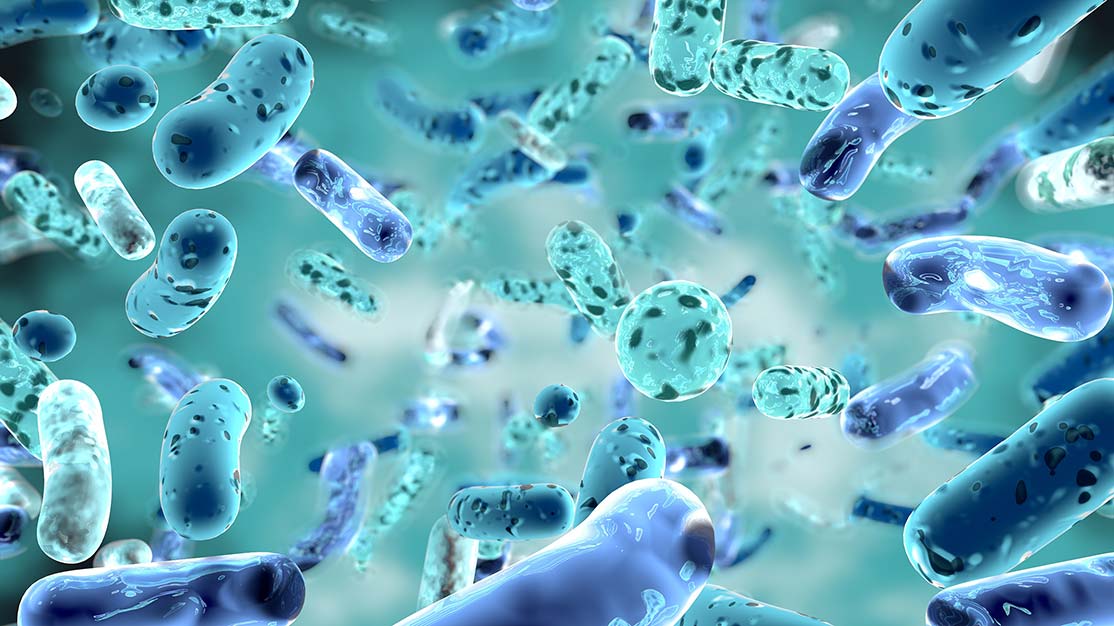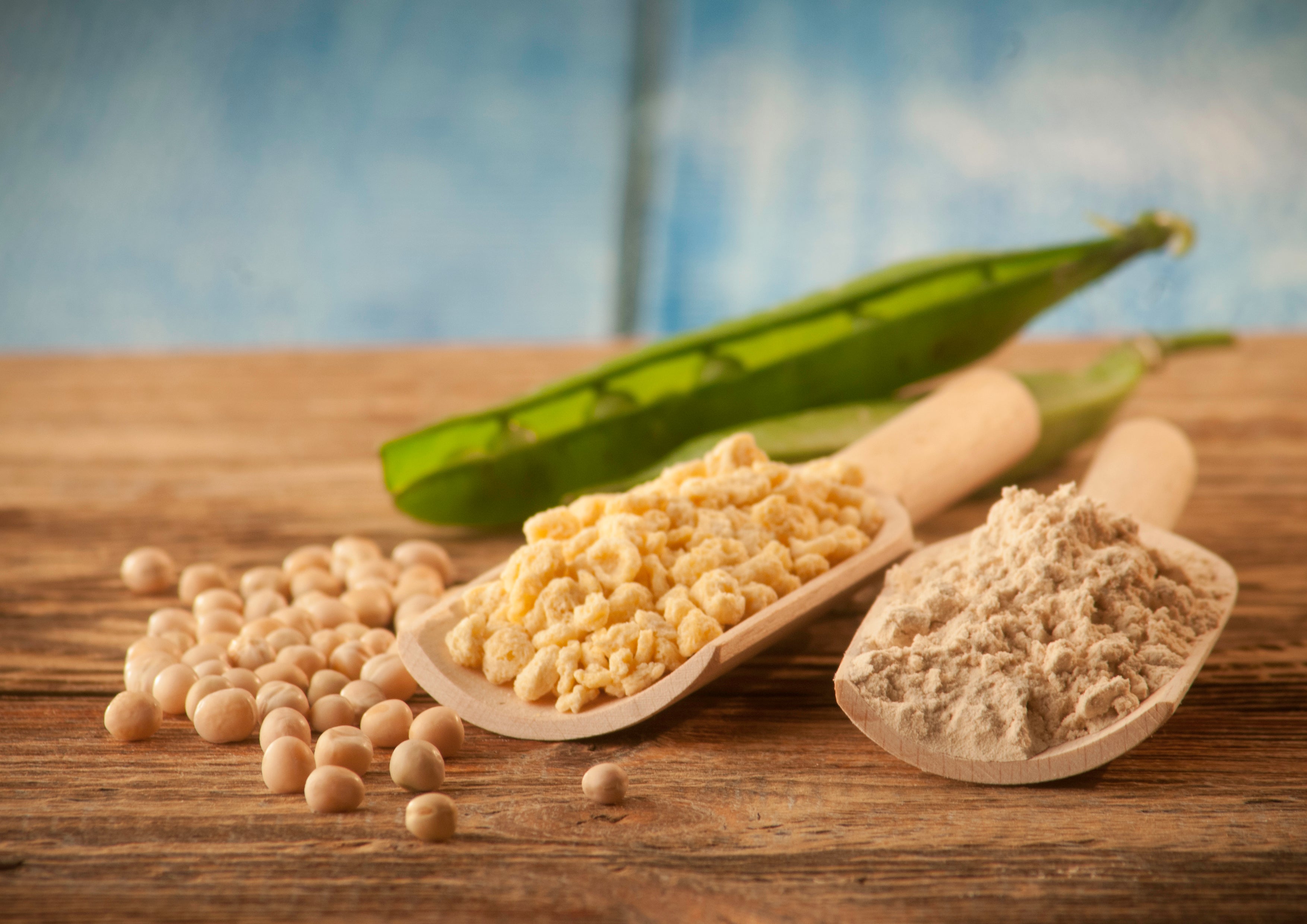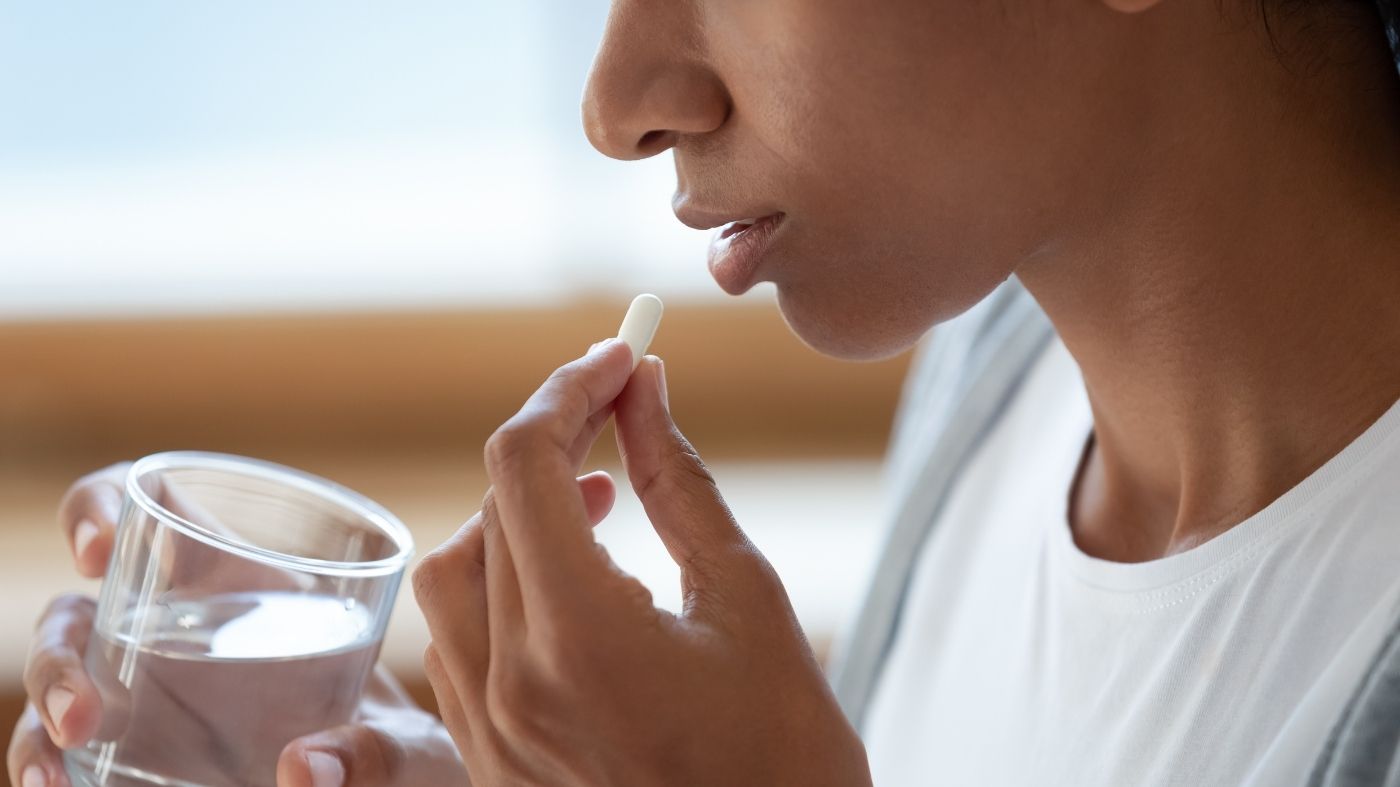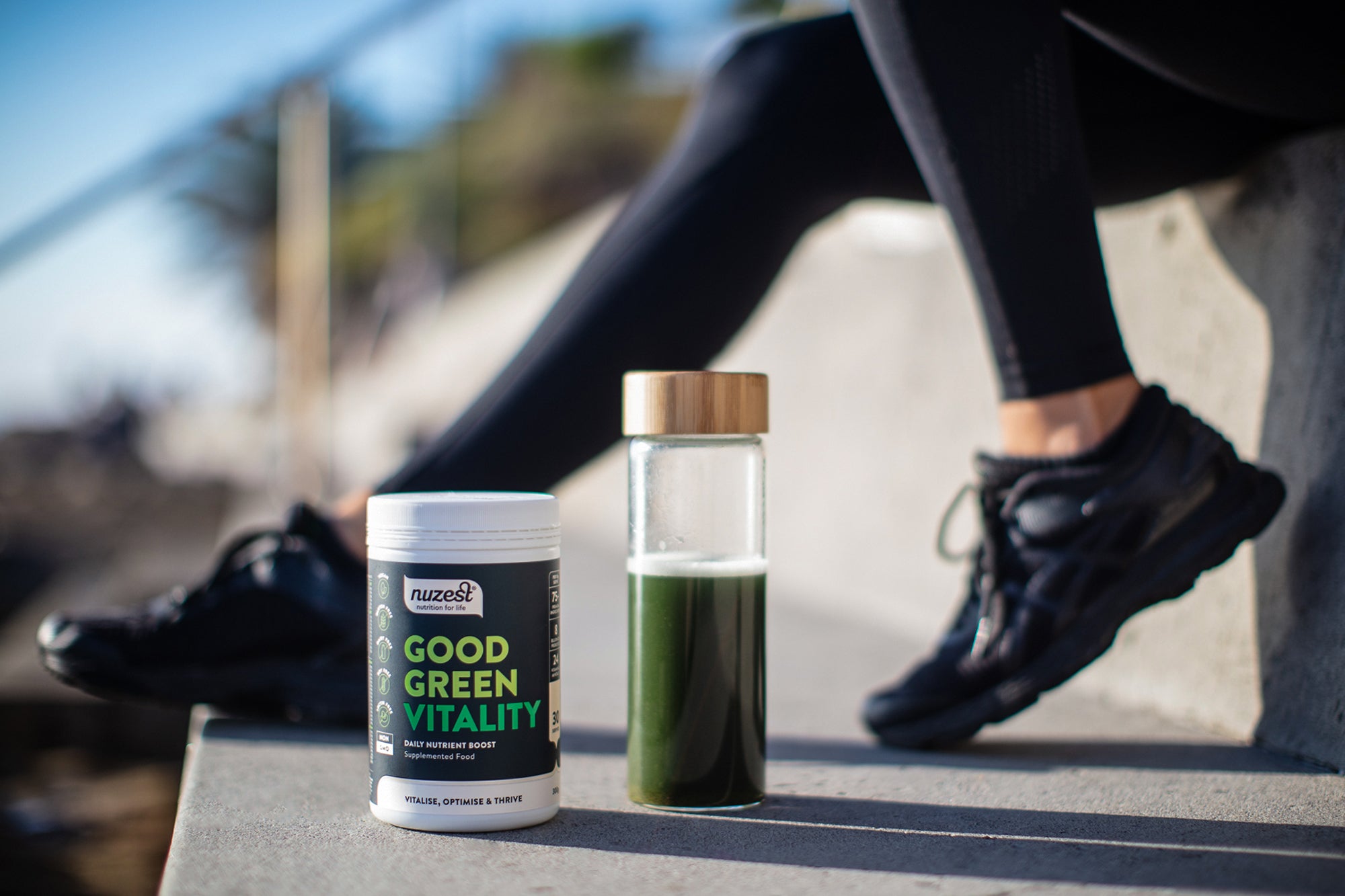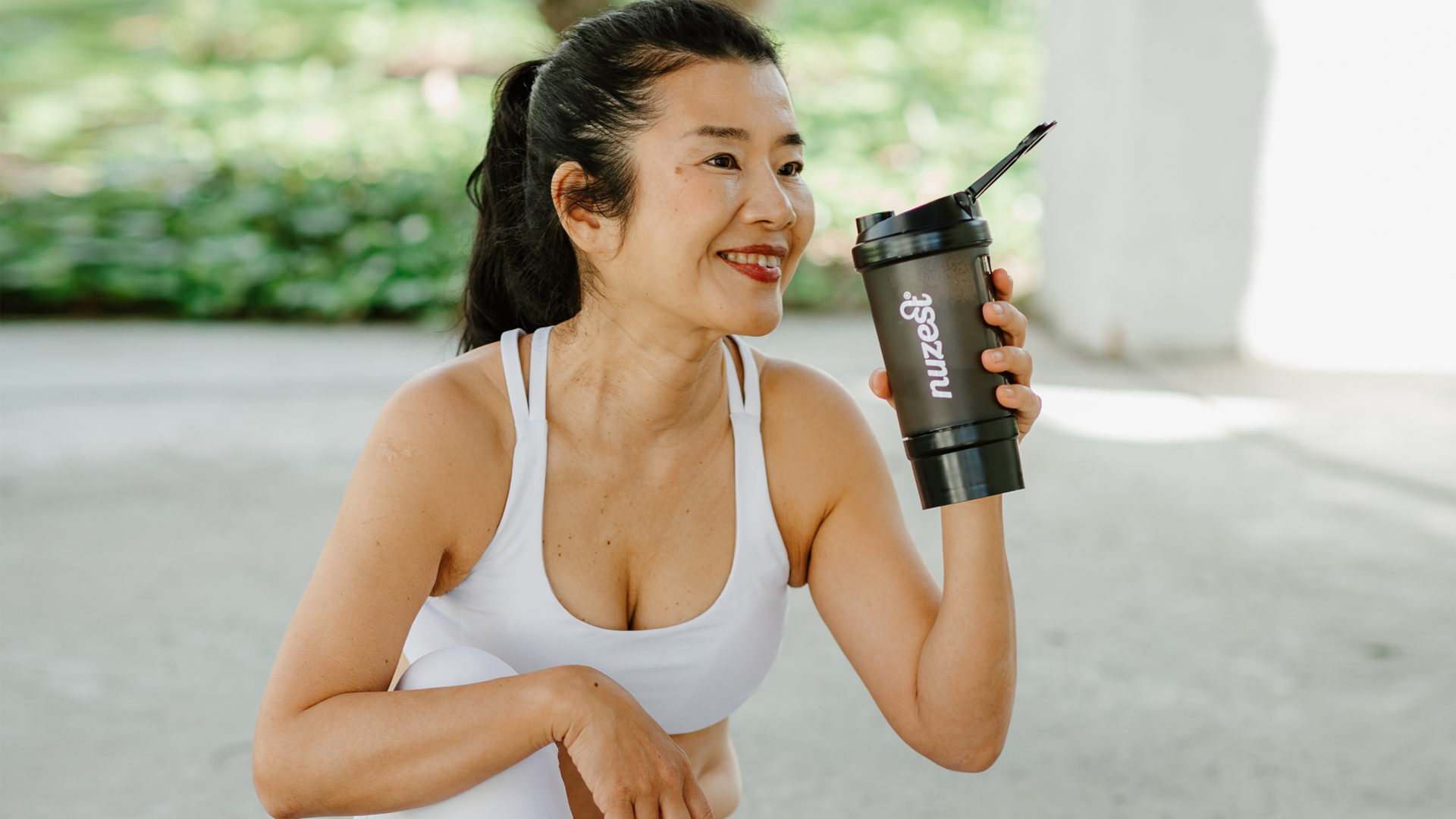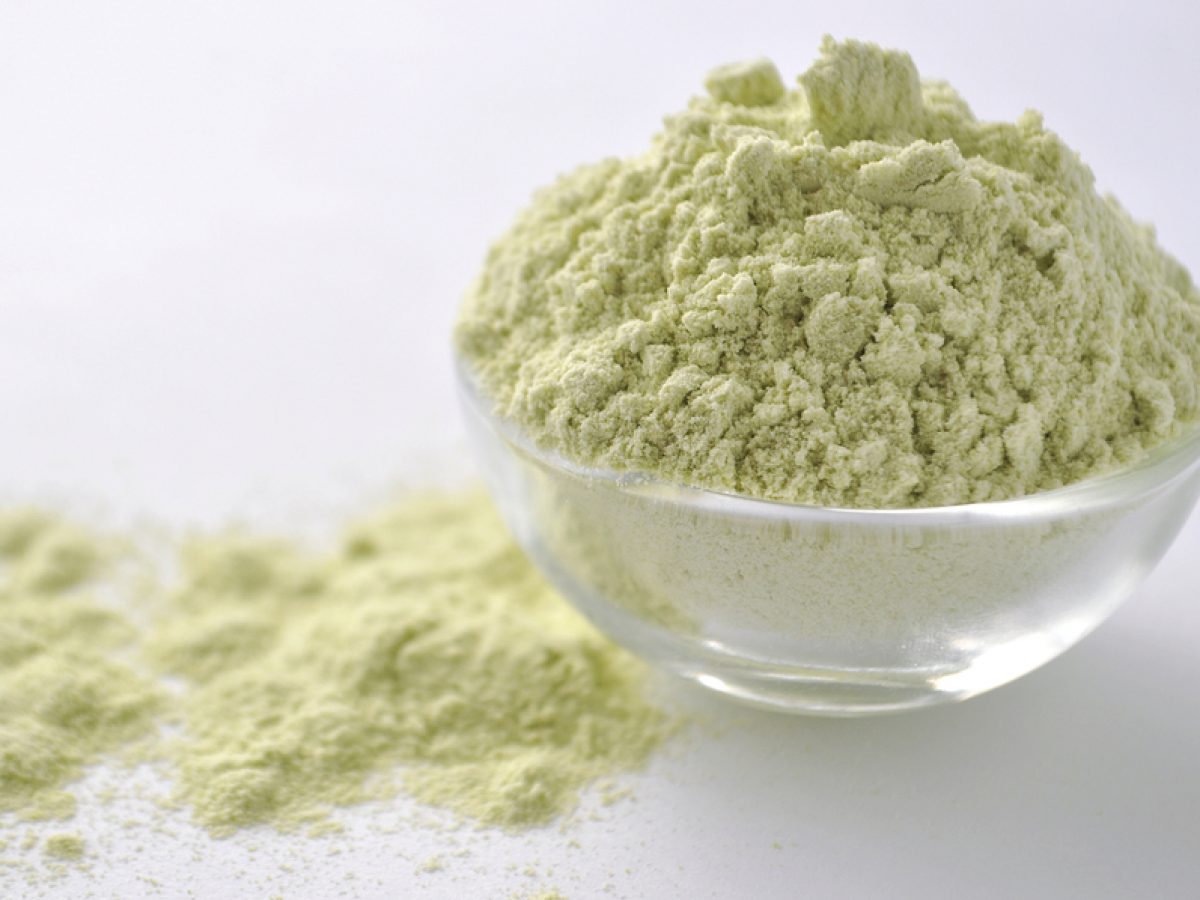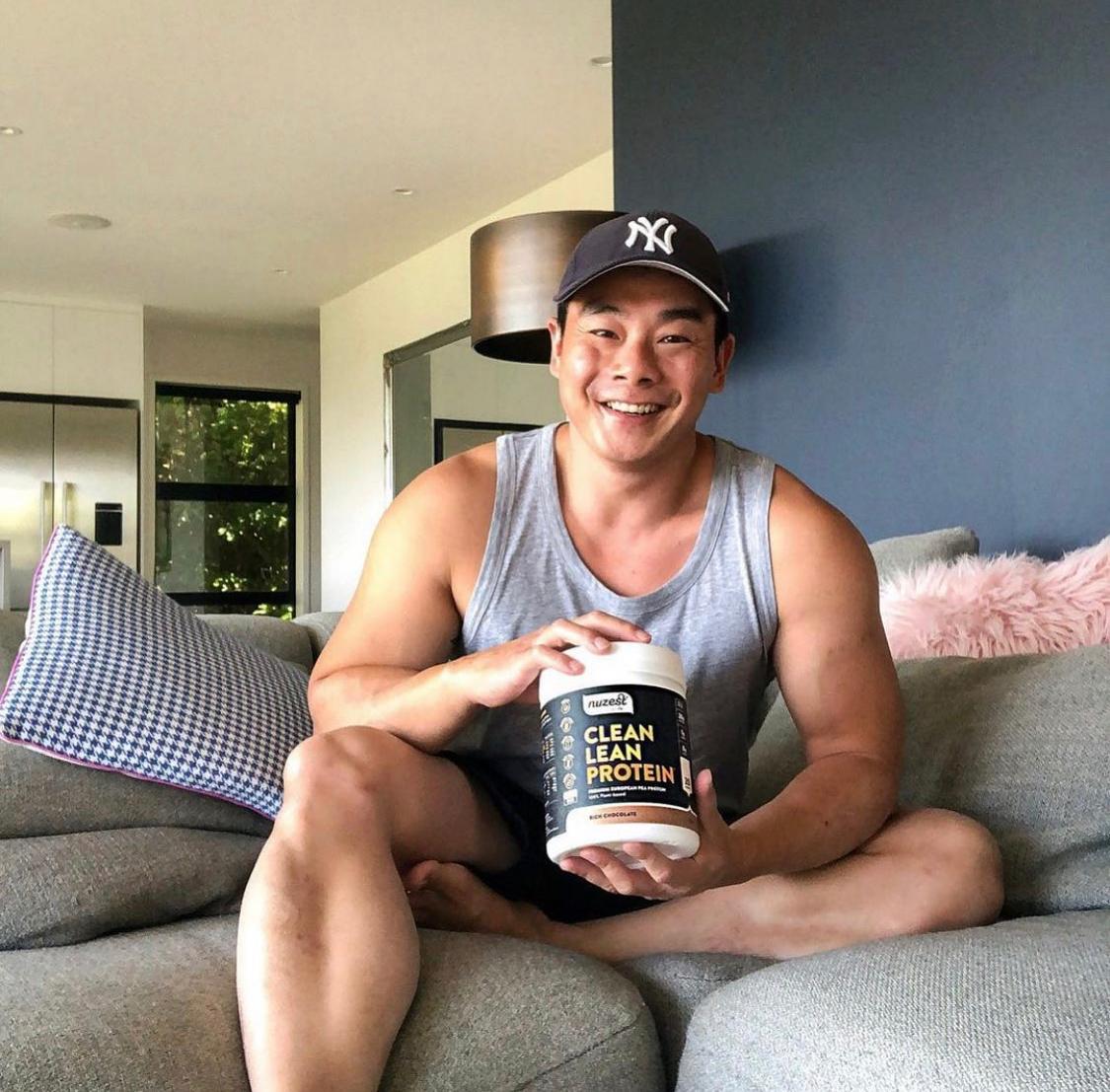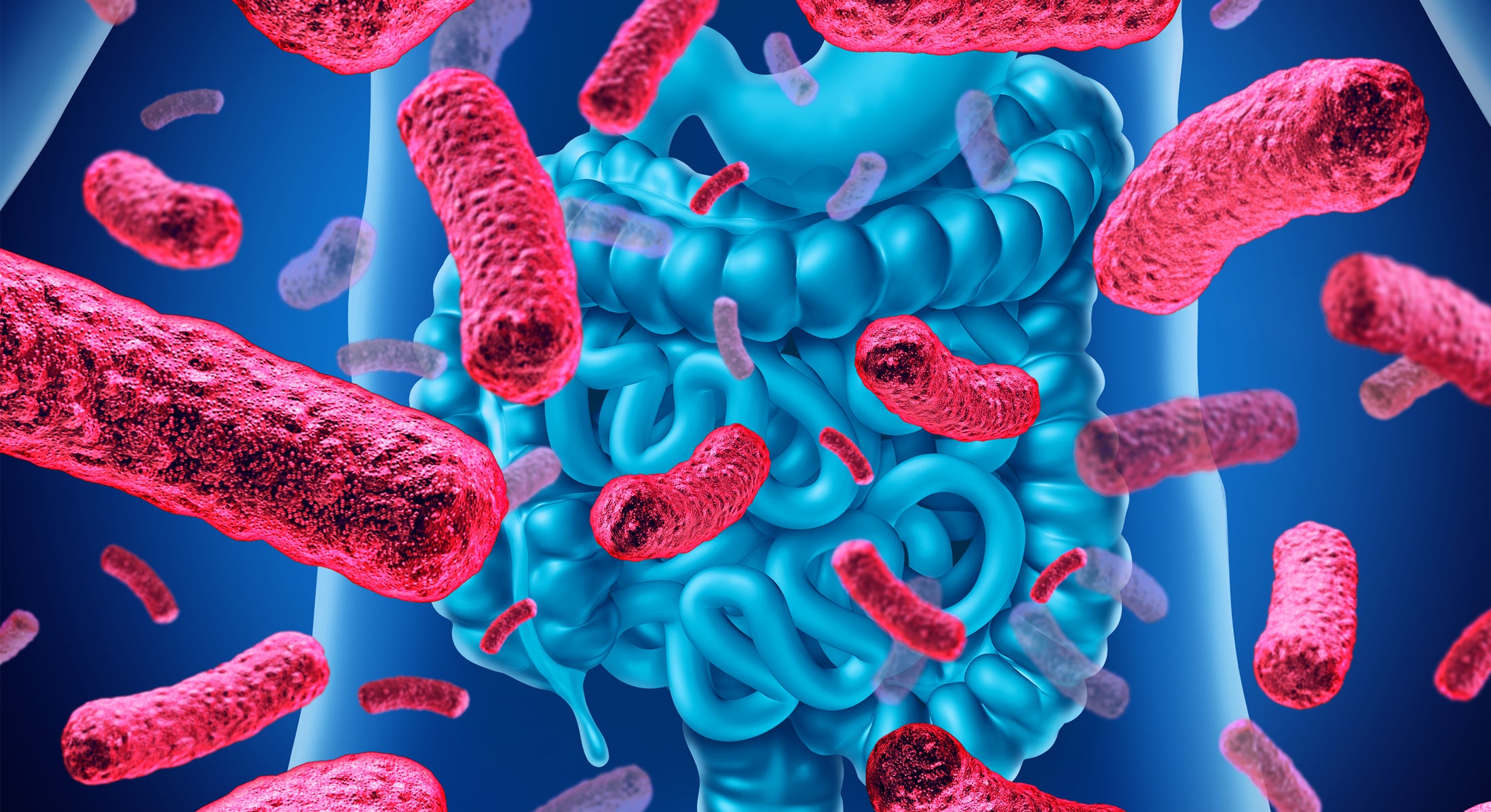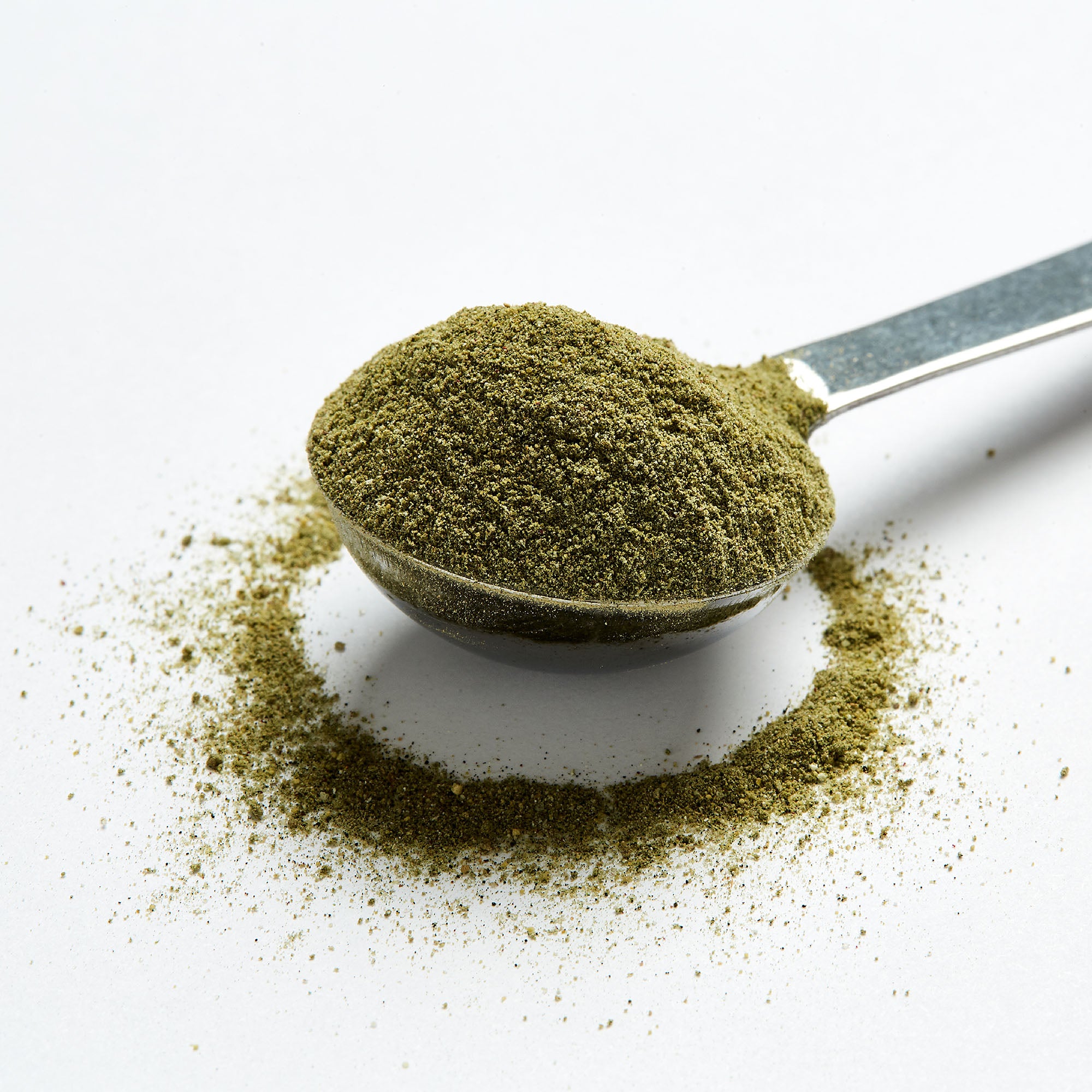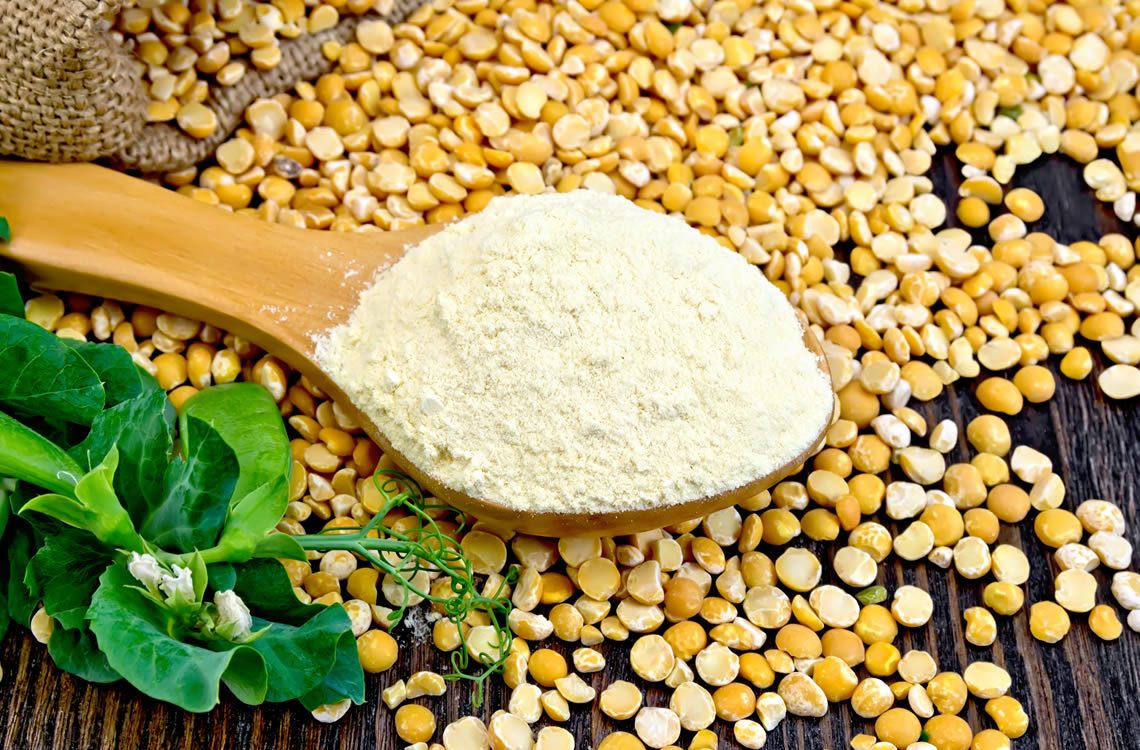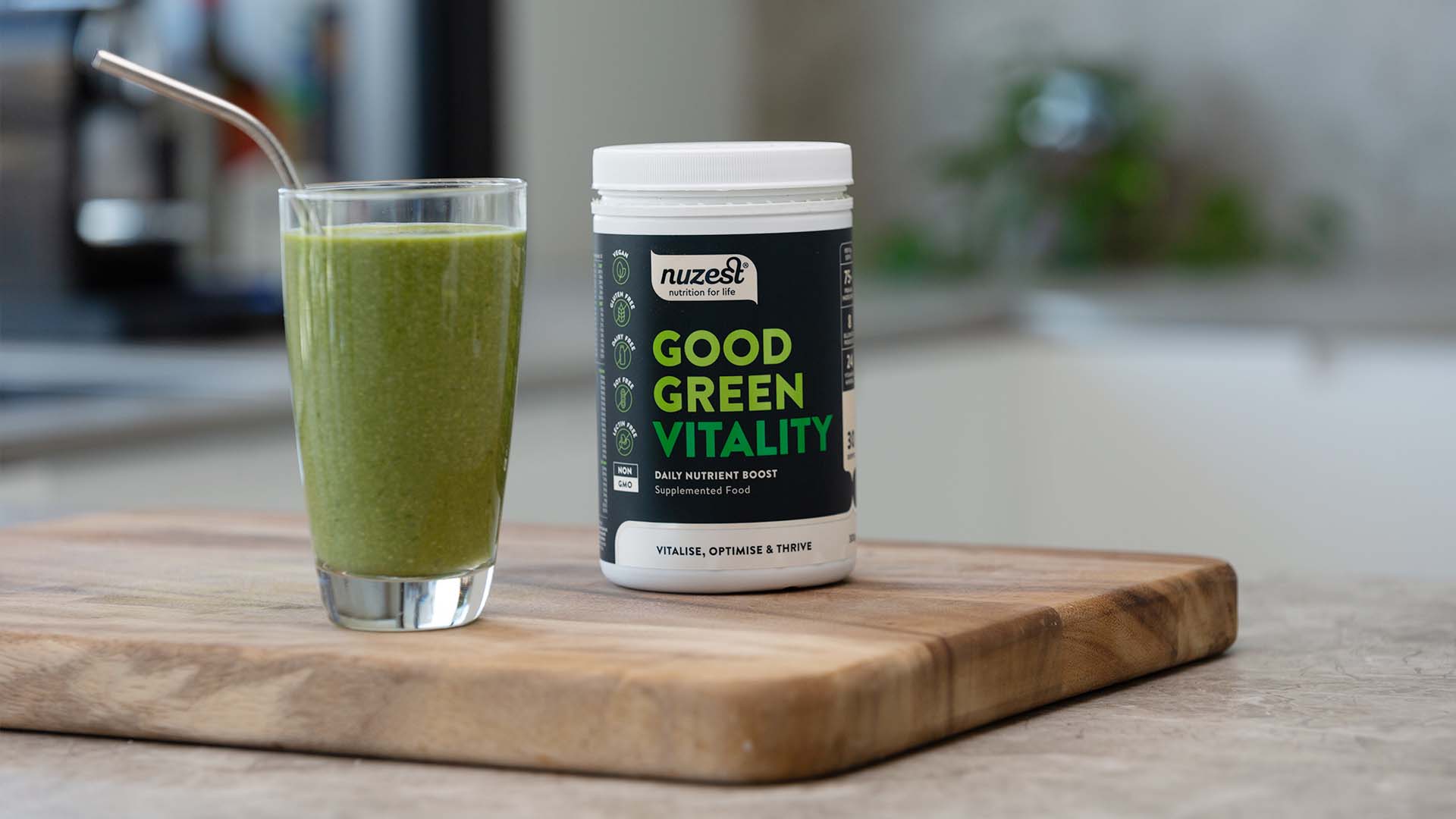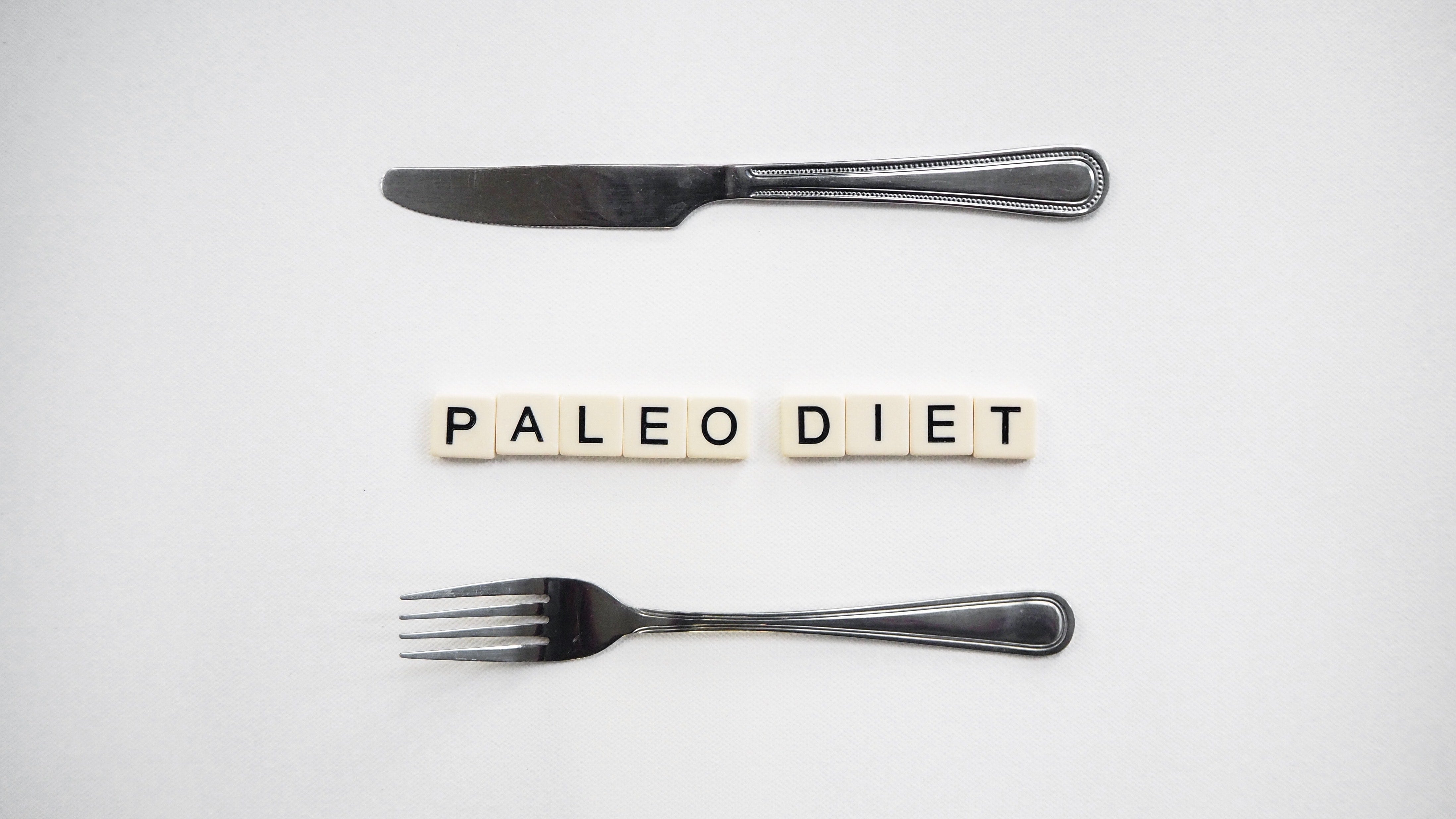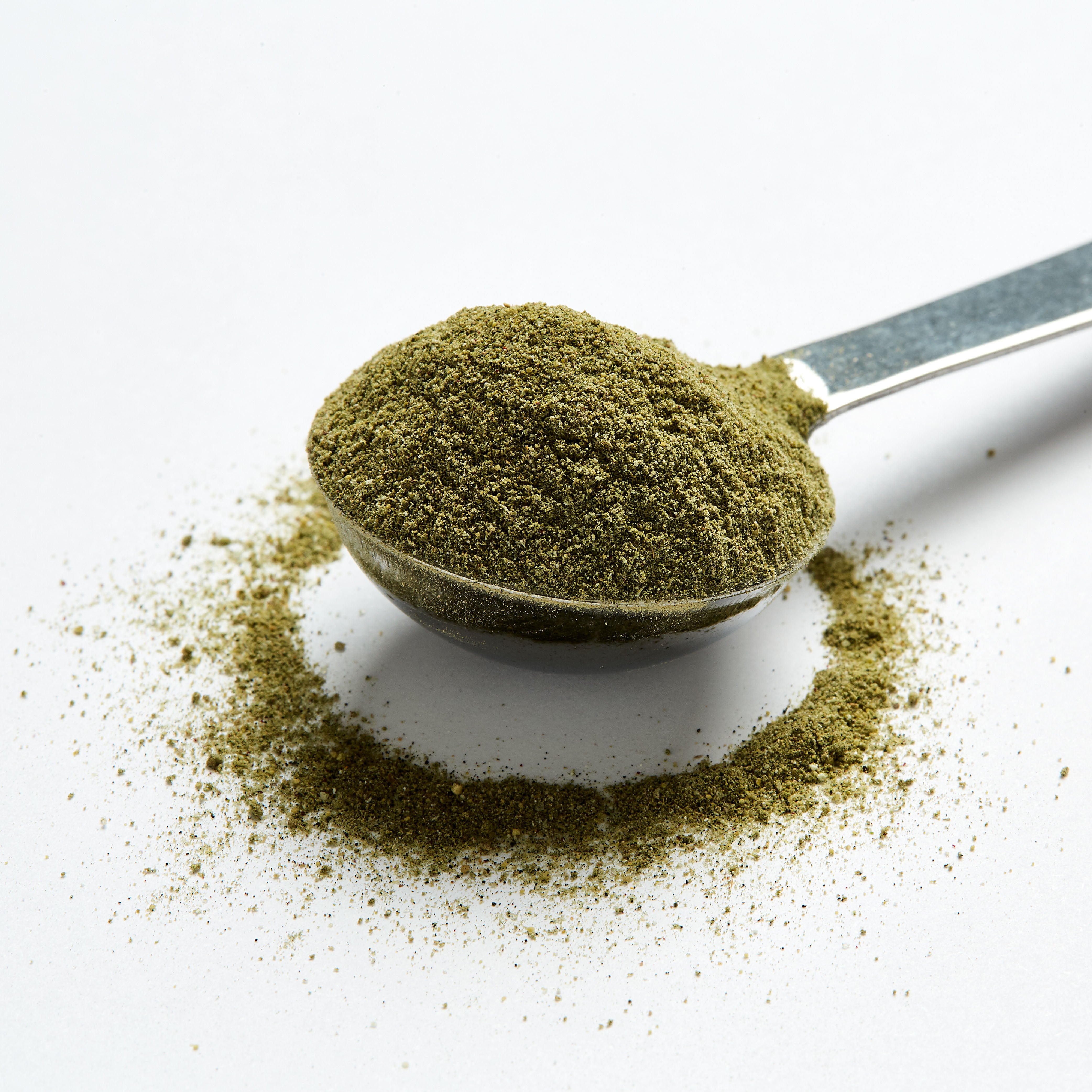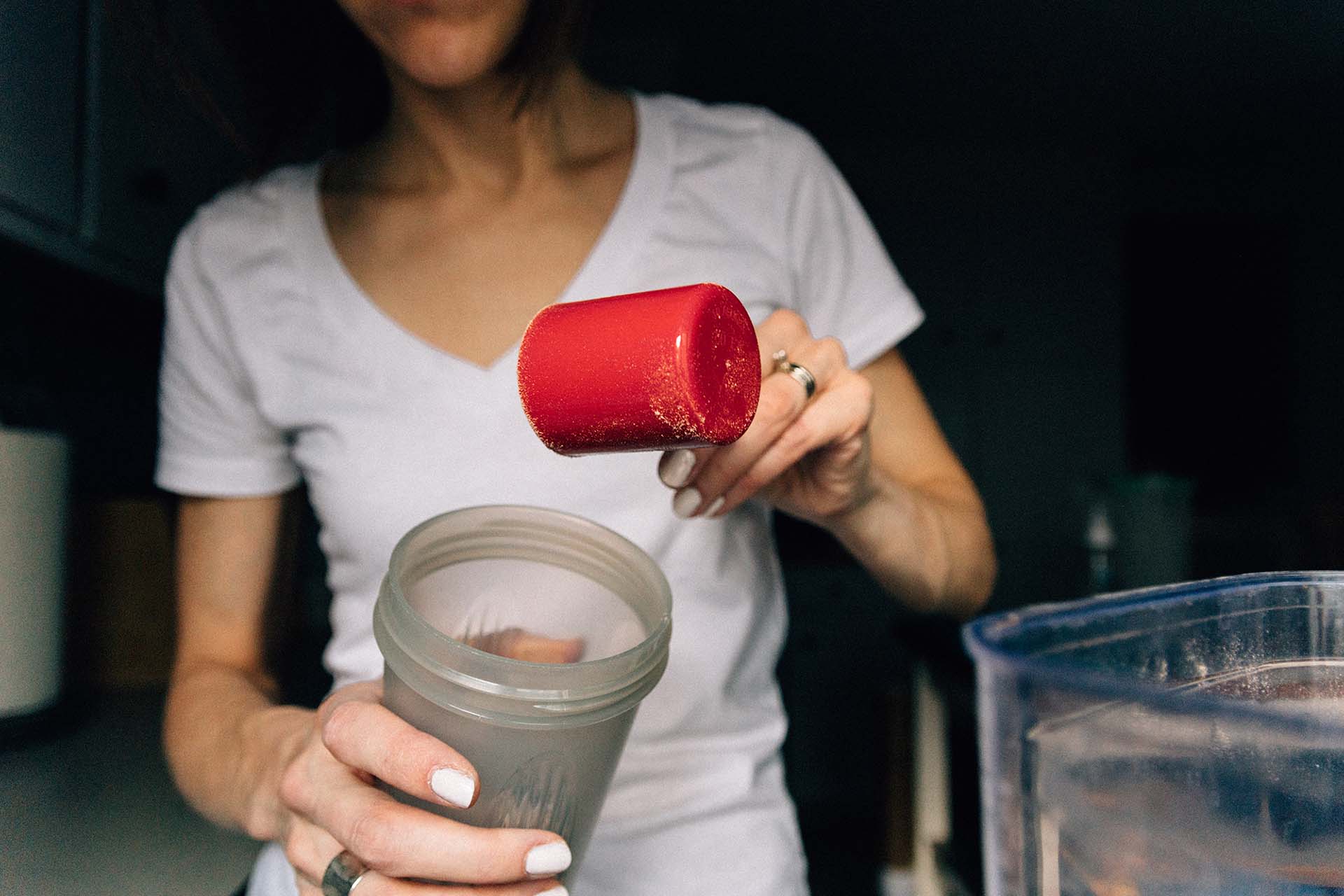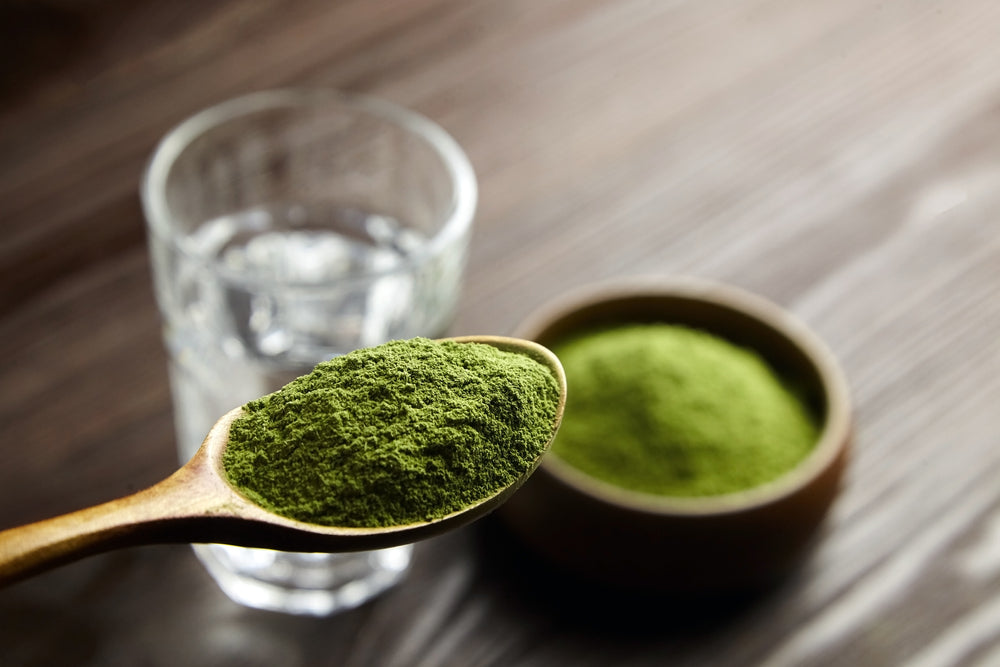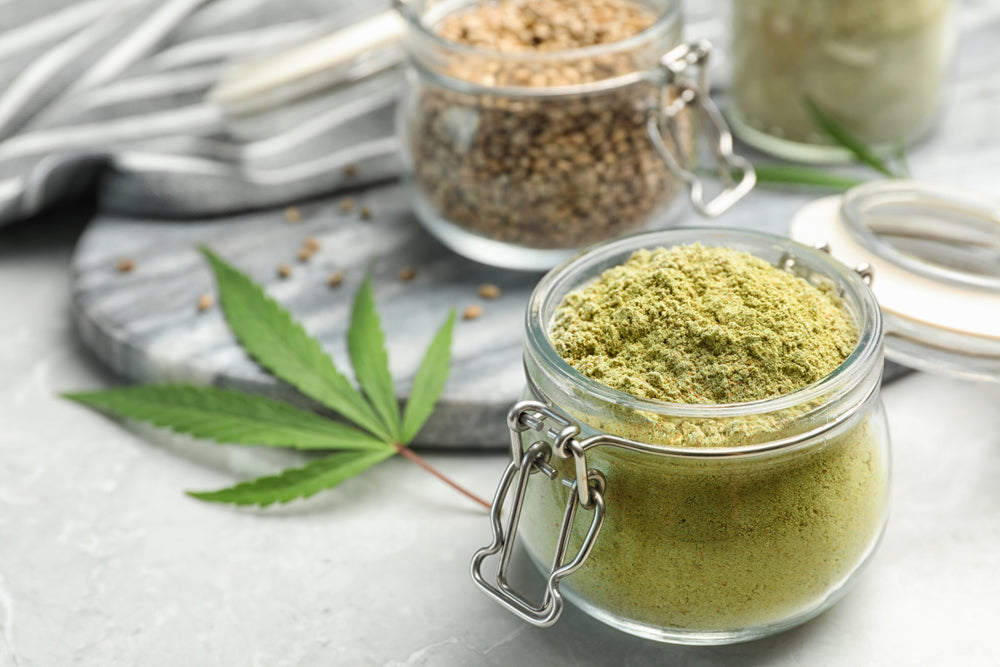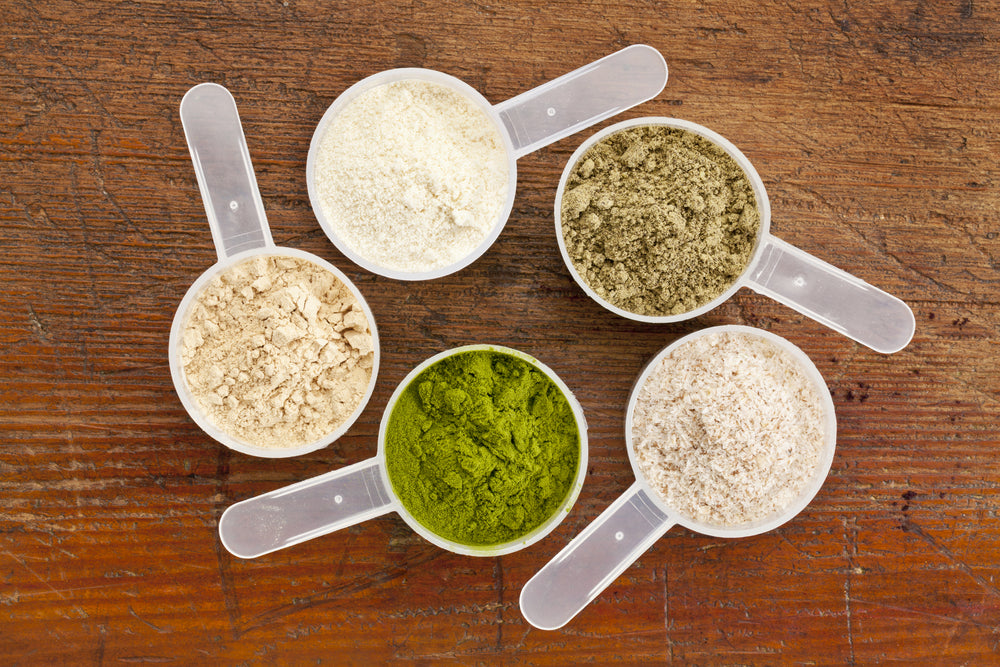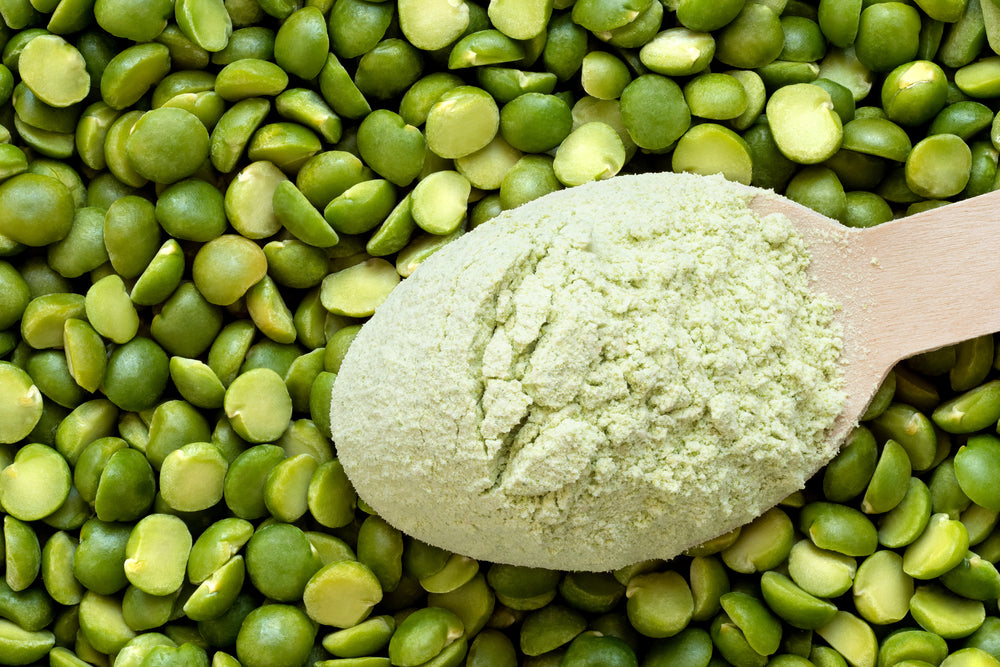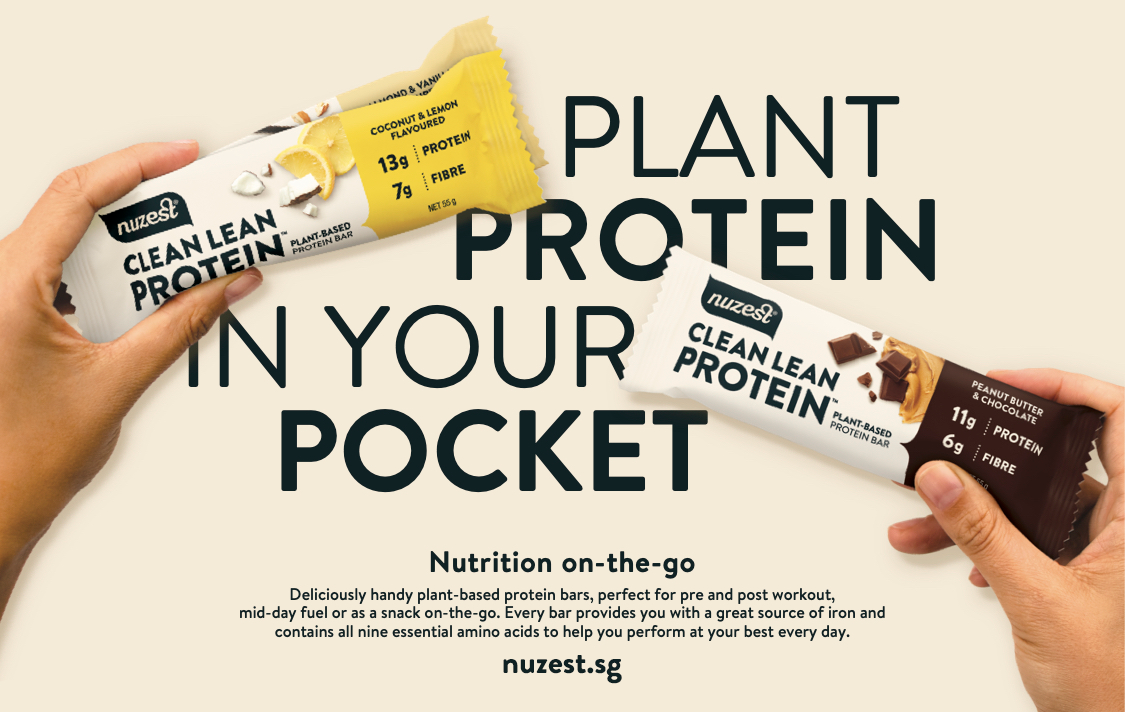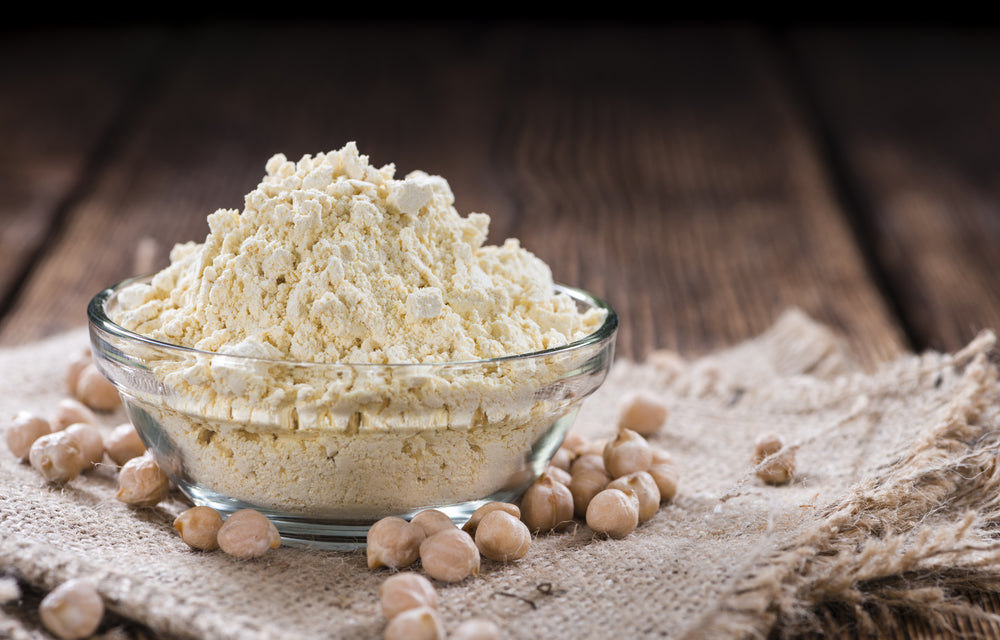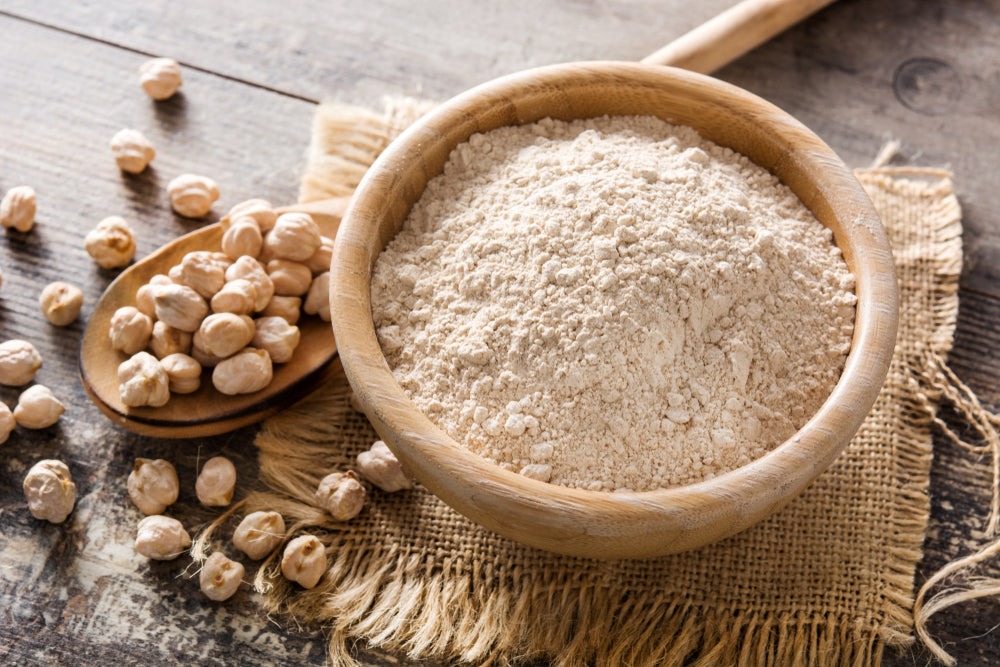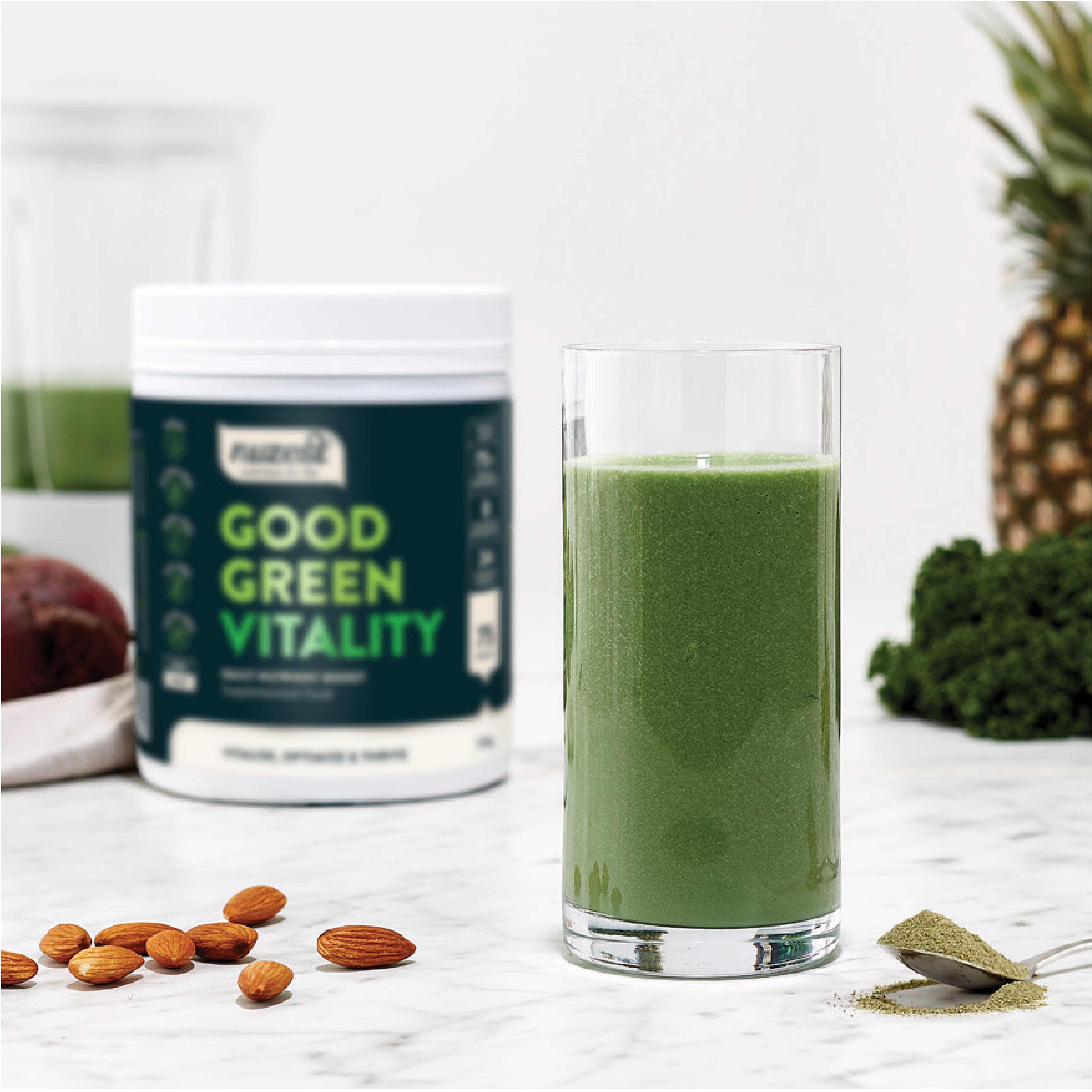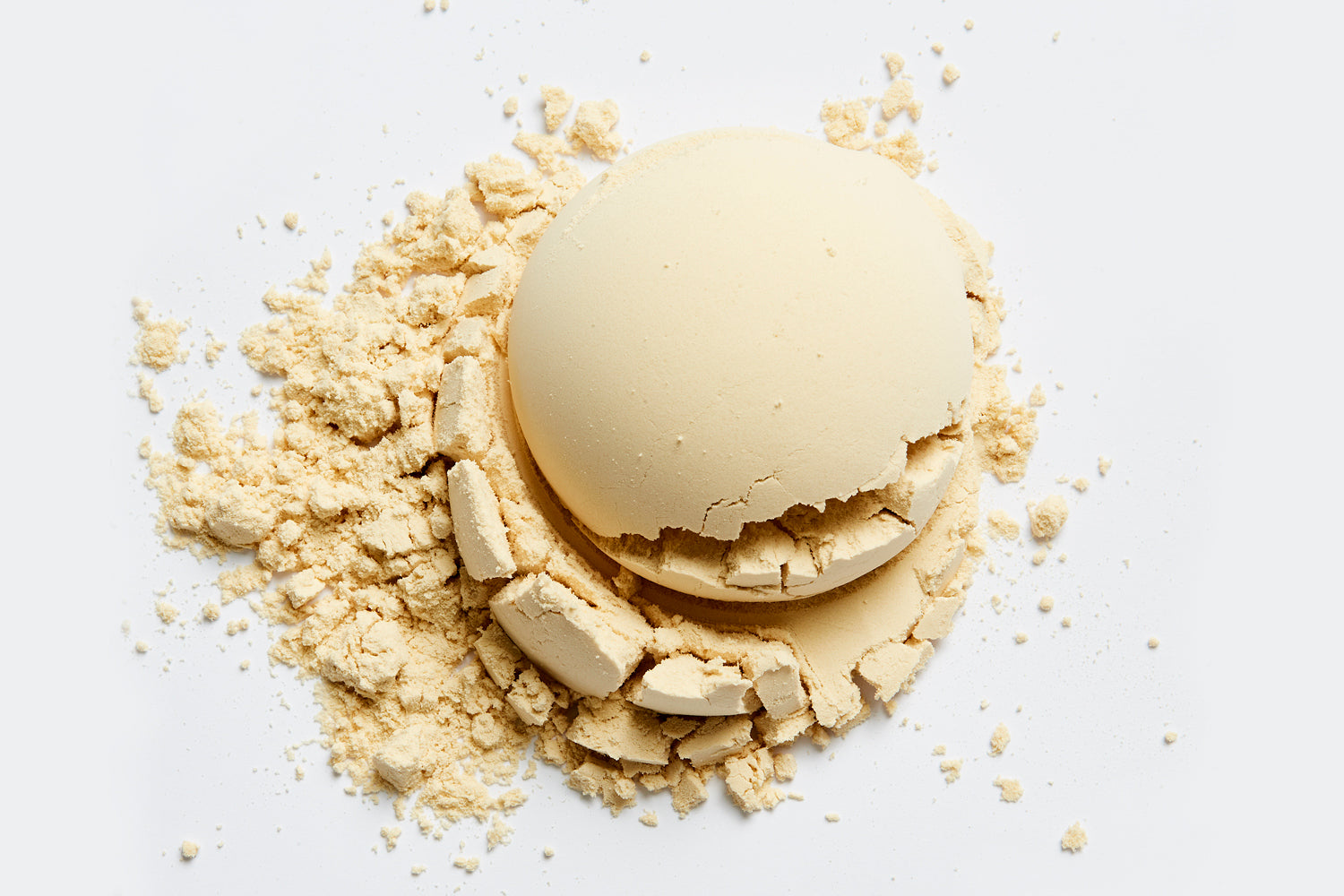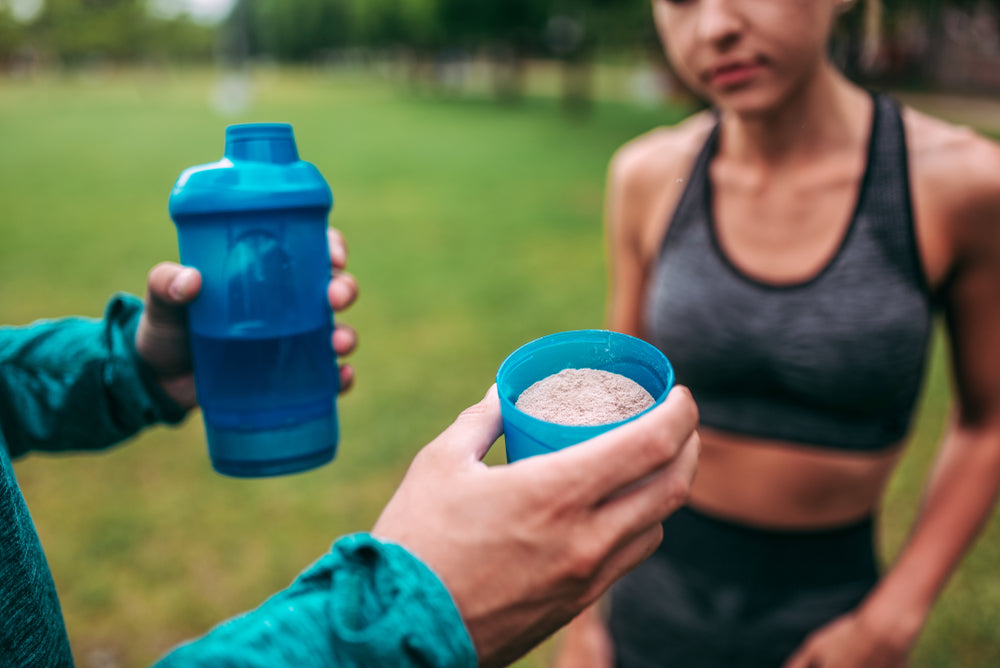Through the winter months we don't need to be sick as often or for as long as we think. With a few simple changes to daily routines, you can empower your immune system to work far more efficiently - which is good news for everyone.
Many people don't realise it but fevers, snotty noses and headaches are caused by the body's efforts to deal with viruses and bacteria - and not by these pathogens themselves. When immune cells are activated they release chemical messengers, some of which trigger a change in your body's thermoregulatory set point. When this reaction is triggered you start to feel cold and shivery as your body works to increase its core temperature to fight off infection. When the attack is under control, your body starts to cool things down. You feel hot and sweaty as your body rapidly sheds heat to adjust your core temperature back to normal.
Your runny nose is a flood of mucus to clear pathogens and allergens in the nasal cavity and it also provides chemical defenses against pathogens. Headaches are associated with the inflammatory response that is triggered by an immune system under attack.
While it's all well and good to know why we're experiencing these annoying symptoms, it doesn't make them any less, well - annoying. Here are some simple things you can do to support your immune system and cut down on sick days this winter.
Add micronutrients to support immunity. If you think of your immune system as a factory, micronutrients are the fuel that it needs to operate. If your diet is lacking in vitamins, minerals and other nutrients, you are forcing your immune system (and the 11 other systems your body relies upon) to function on the bare minimum. This leads to poor results. An easy answer here is to add Good Green Stuff into your daily routine. One scoop in 250ml of water, coconut water or any other liquid before breakfast in the morning will give you all the micronutrients you need to keep your immune system running smoothly.
Eat good fats. Loading your system with sugars and white carbs suppresses immunity. Eat more good fats to provide stable fuel and reduce damage caused by oxidation. Natural fats also support the body's production of vitamin D.
Get more sunshine. If the winter sun is shining, get outside and enjoy it. The sun's energy turns a chemical in your skin into vitamin D3, which is carried to your liver and then your kidneys to transform it to active vitamin D. Vitamin D has a critical role in triggering our body's defenses. Without sufficient quantities of vitamin D, the killer cells of the immune system - T cells - cannot respond to and fight off serious infections.
Sleep more. Lack of sleep can cause acute and chronic inflammation and alter our normal immune response. Change your routines to ensure that you get 7-8 hours of good quality sleep every night.
Regular, moderate exercise. Keep moving but avoid long, strenuous work outs if you're coming down with something. Over-exercising can inhibit your immune system for up to a day after a full-on session, so be kind to yourself.


